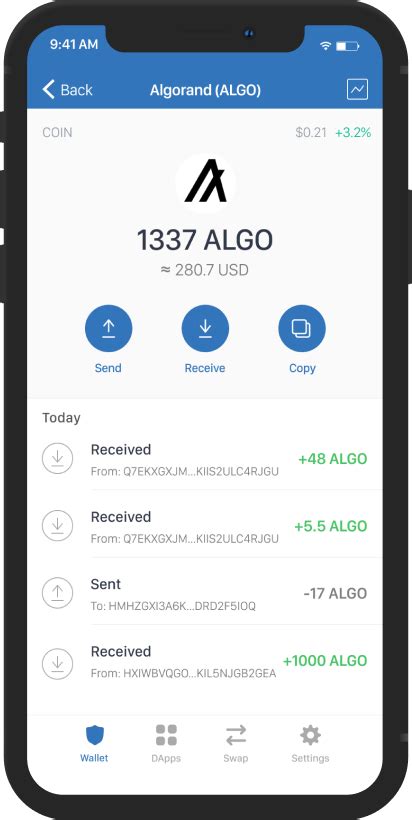Ethereum: Is there a limit on sending/receiving from wallet to wallet?
When it comes to transferring cryptocurrencies between wallets, one of the most pressing concerns for users is the potential restrictions imposed by exchanges and other platforms. In this article, we will dive into the details of Ethereum’s wallet-to-wallet functionality and explore whether there are any limits on sending Bitcoin from one wallet to another.
Ethereum Wallet-to-Wallet Capabilities
In 2014, Ethereum launched its decentralized finance (DeFi) ecosystem, which included a built-in feature that allowed users to transfer assets between wallets without the need for intermediaries such as exchanges or third-party services. This innovation was a game-changer in the world of cryptocurrency trading.
Ethereum’s wallet-to-wallet functionality is based on a concept called “non-custodial” transactions, which means that users are not required to send and receive funds through an intermediary (such as a trusted broker). Instead, they can transfer assets directly between their own wallets.
Limits for transferring Bitcoin from one wallet to another
While Ethereum’s wallet-to-wallet feature is incredibly powerful, there are a few limitations to keep in mind:
- Maximum transfer amount: There is no specific limit per se, but most exchanges and third-party services have their own rules for transferring large amounts of cryptocurrency. For example, many exchanges may charge higher fees or impose restrictions on sending large amounts.
- Transaction fees: When you send Bitcoin from one wallet to another, you incur transaction fees that can add up quickly. These fees are typically split between the two parties on a 50/50 basis.
- Network congestion: As more users join the Ethereum network and start transferring funds, network congestion increases. This can lead to slower transaction times and higher fees for users who need to send or receive large amounts of cryptocurrency.
Comparison of Bitcoin transfer limits from wallet A to wallet B

To put things into perspective, let’s consider a hypothetical example:
Let’s say you want to send 100 Bitcoins (about $3.1 million at current prices) from a wallet in the United States to another wallet in Europe using the Ethereum network.
Assuming average transaction fees of around 0.01 ETH per transfer (around $9 USD) and factoring in the potential for exchange fees, here is a breakdown of the estimated costs:
- Transaction fee: around $900 USD
- Exchange fee (if applicable): Please allow for an additional 10-20% fee on top of the transaction fee, which could add another $90-180 USD to your total cost.
- Total transfer cost: around $1080-$1170 USD
For comparison, if you were to send the same amount of Bitcoin through a traditional brokerage service (e.g. Coinbase), their fees would likely be significantly higher.
Conclusion
While Ethereum’s wallet-to-wallet feature is incredibly powerful and offers many benefits, there are limits to transferring Bitcoin from one wallet to another. However, it is essential to be aware of these limitations, especially when it comes to large transactions or high-frequency transfers.
To avoid unexpected fees and network congestion, users are advised to:
- Research and understand the fees associated with each exchange and third-party service.
- Consider using decentralized exchanges (DEXs) or other alternative platforms that may offer lower fees or more favorable terms.
- Monitor network congestion levels and adjust wallet settings accordingly.
By being informed and prepared, users can take advantage of Ethereum’s powerful wallet-to-wallet capabilities while reducing the risks associated with transferring cryptocurrencies.